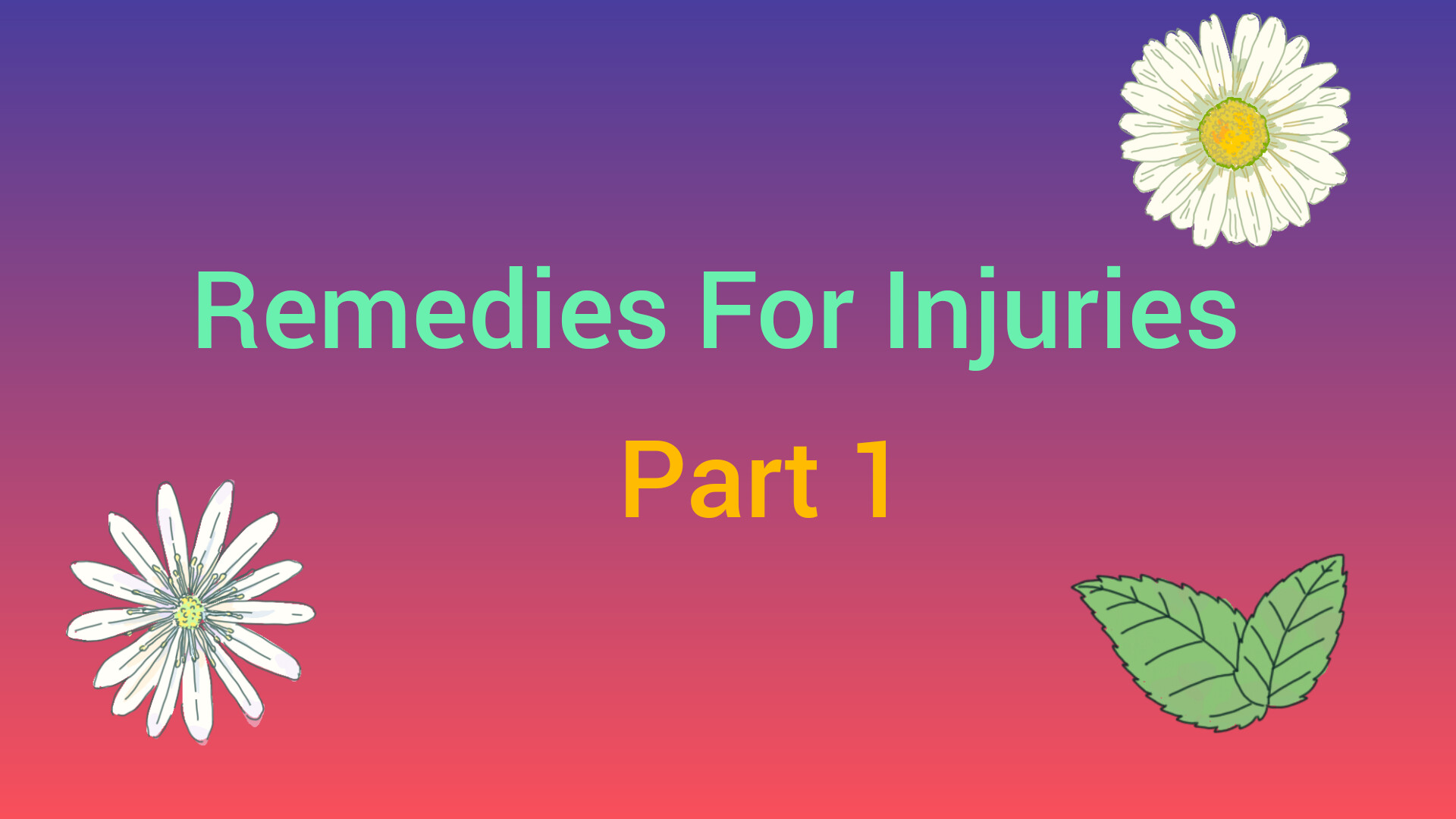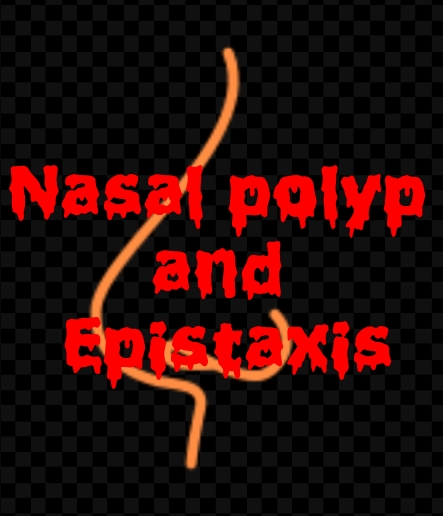
What is Menopause and its Homeopathic Management
Menopause is defined as the point at which a woman has not had a menstrual period for 12 consecutive months.
- Menopause is a natural biological process that marks the end of a woman’s reproductive years.
- It typically occurs in women between the ages of 45 and 55, with an average age of around 51.
- However, the exact timing can vary widely from person to person.
- The period leading up to and following menopause is referred to as perimenopause and post menopause, respectively.
Hormonal Changes:
- Menopause is primarily caused by a decrease in the production of certain hormones, particularly estrogen and progesterone, by the ovaries.
- These hormones regulate the menstrual cycle and play a crucial role in the reproductive system.
Perimenopause:
- This phase typically starts several years before menopause itself.
- During perimenopause, hormone levels begin to fluctuate, leading to irregular menstrual cycles.
- Women may experience symptoms such as hot flashes, night sweats, mood swings, changes in sleep patterns, vaginal dryness, and a decreased libido.
Menopausal Symptoms:
Common symptoms of menopause include
- hot flashes (sudden feelings of warmth and flushing).
- Night sweats.
- Mood changes.
- Difficulty sleeping.
- Vaginal dryness.
- Discomfort during intercourse.
- Urinary symptoms (such as frequent urination or urinary incontinence).
- Changes in metabolism leading to weight gain.
Bone Health:
- Estrogen plays a role in maintaining bone density, so decreased estrogen levels during and after menopause can lead to a higher risk of osteoporosis, a condition characterized by weakened and brittle bones.
Cardiovascular Health:
- The risk of cardiovascular disease may increase after menopause, partly due to hormonal changes but also influenced by other factors such as lifestyle, diet, and exercise.
Reproductive Changes:
- With the onset of menopause, a woman’s fertility declines and eventually ceases.
- It becomes increasingly difficult to become pregnant naturally during perimenopause, and once menopause is reached, pregnancy is no longer possible without medical intervention.
Emotional and Psychological Changes:
- Menopause can be a challenging time emotionally due to hormonal fluctuations and the adjustment to physical changes.
- Some women experience mood swings, irritability, anxiety, or depression during this period.
Post menopause:
- This is the phase that begins after menopause has been confirmed (12 consecutive months without a period).
- While many menopausal symptoms may begin to lessen during postmenopause, other health considerations, such as bone health and heart health, remain important.
Homeopathic Management :
Lachesis:
- This remedy is often indicated for women who experience intense hot flashes, especially around the time of menopause.
- The person may feel worse from heat and tight clothing.
- There could also be mood swings and a sense of being overwhelmed.
- During change of life, where she has flashes of heat all day, and cold flashes on retiring at night.
- Pain in the left ovarian region, or going from left to right.
- Acts especially well at beginning and close of menstruation.
Sepia:
- This remedy is often considered for women who feel a sense of indifference or detachment from their surroundings.
- They might experience hot flashes along with a dragging sensation in the pelvis.
- Sepia is also indicated for women who feel fatigued and irritable.
- Prolapsus of uterus and vagina; pressure and bearing down as if everything would protrude from pelvis; must cross limbs tightly to “sit close” to prevent it; with oppression of breathing.
- Erythism; flushes of heat from least motion; with anxiety and faintness; followed by perspiration over whole body; climacteric.
- Vagina painful, especially on coition.
Pulsatilla:
- Women who are emotional, weepy, and seek comfort might benefit from Pulsatilla.
- It can be used for those who have irregular periods, experience mood swings, and have symptoms that vary frequently.
- Exaggerated sexual desire; nymphomania; wild, beside herself with sexual thoughts; uncontrollable sexual desire.
Ignatia:
- This remedy can be useful for women who are experiencing grief, sadness, and emotional turmoil during menopause.
- It might help alleviate mood swings, anxiety, and even physical symptoms like headaches.
- Feminine sexual frigidity.
- Suppression from grief.
- Weakness of the body coming on suddenly.
- Hysterical debility and fainting fits.
- Fainting in a crowd.
- It is especially useful in the tearful, nervous, sad, yielding, sensitive minds.
Sanguinaria:
- Indicated for women experiencing intense heat and flushing, especially on the face, along with headaches.
- There might be a sensation of heat rising and a feeling of congestion.
Cimicifuga:
- This remedy can be considered for women who experience aches and pains in muscles and joints during menopause, along with emotional symptoms like anxiety and irritability.
Calcarea carbonica:
- Women who experience weight gain, fatigue, and a tendency toward excessive sweating might benefit from this remedy.
- They might also be prone to feeling chilly.
Worked By : Sunitha Asir (Final BHMS)







